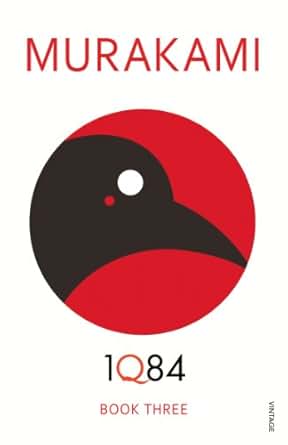


That’s the sort of relationship that Mariye wants from him. This strengthens the introspectiveness, or philosophical nature, of their dialogue. She doesn’t recognize him as a sexual object. But the fact that she asks him for his opinion on her breasts suggests that she doesn’t really see him as a man. I can easily relate to characters like Yuki in Dance Dance Dance, or May Kasahara in The Wind-Up Bird Chronicle. This hasn’t been the case for the young women in your other novels. I could tell how stressed she was by the way that her identity is so connected to her breasts. Mieko Kawakami: I’m curious about the character Mariye Akigawa from Killing Commendatore. In this segment of the conversation, Kawakami asks Murakami why his female characters play the roles they do, and behave like they do, and Murakami responds. The pair spent 16 hours together across four occasions in Tokyo, resulting in the book, T he Owl Spreads Its Wings with the Falling of the Dusk, published in Japanese by Shinchosha in 2017. But in 2017, he made an exception for the novelist Mieko Kawakami, whose work he admires, and who has written of the influence Murakami has had on her fiction, which is just beginning to appear in English. Lately, Haruki Murakami doesn’t give many interviews.


 0 kommentar(er)
0 kommentar(er)
